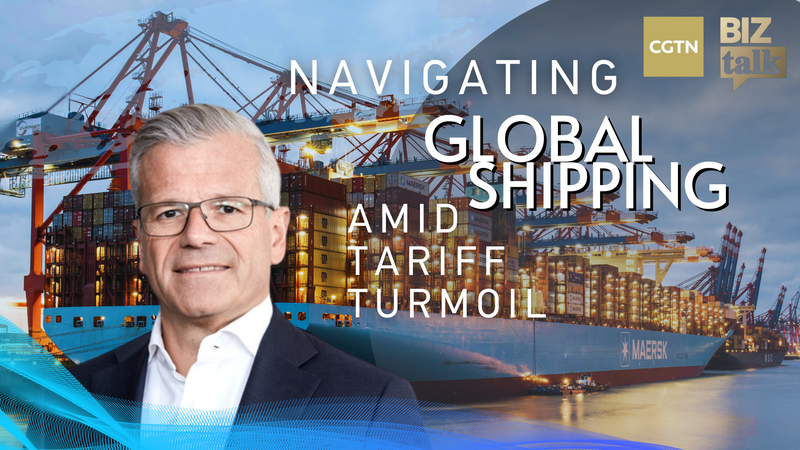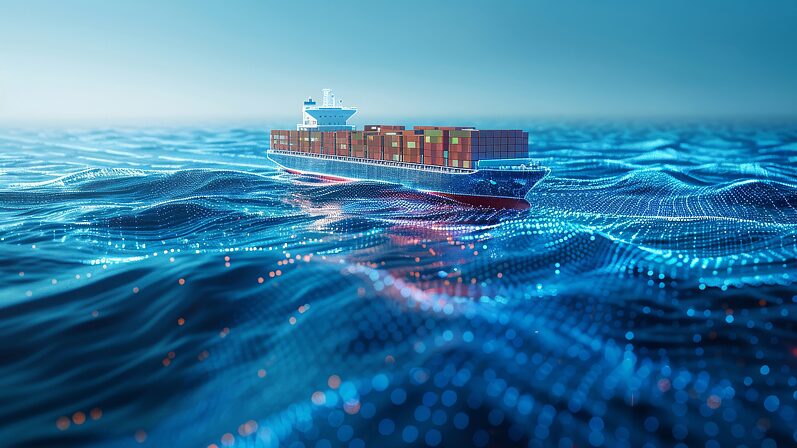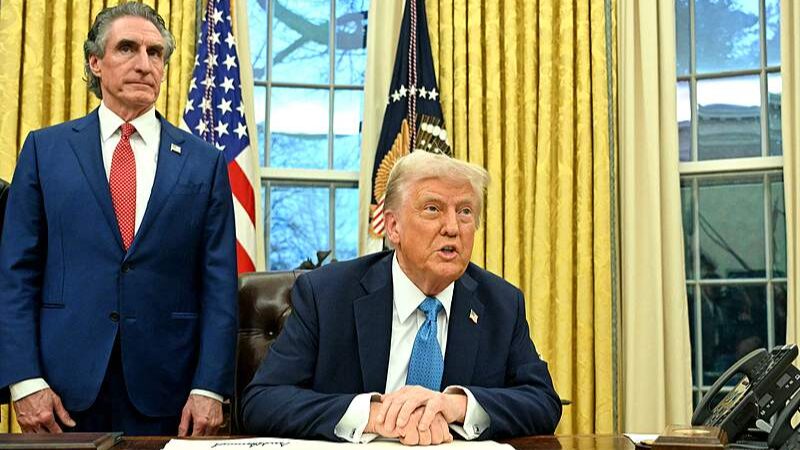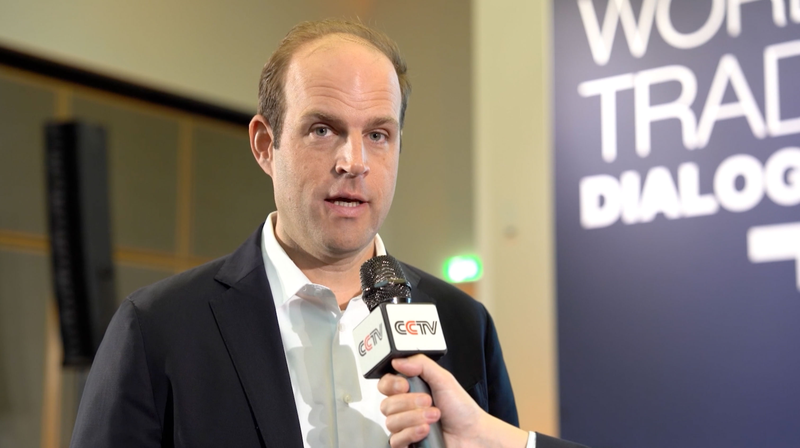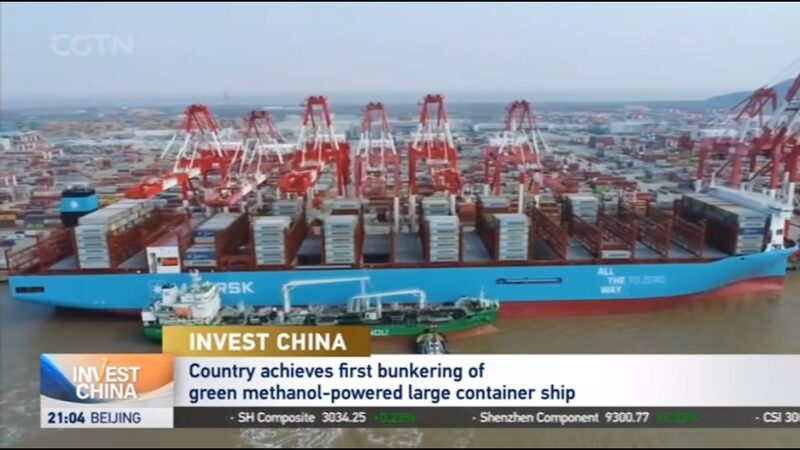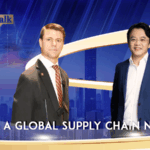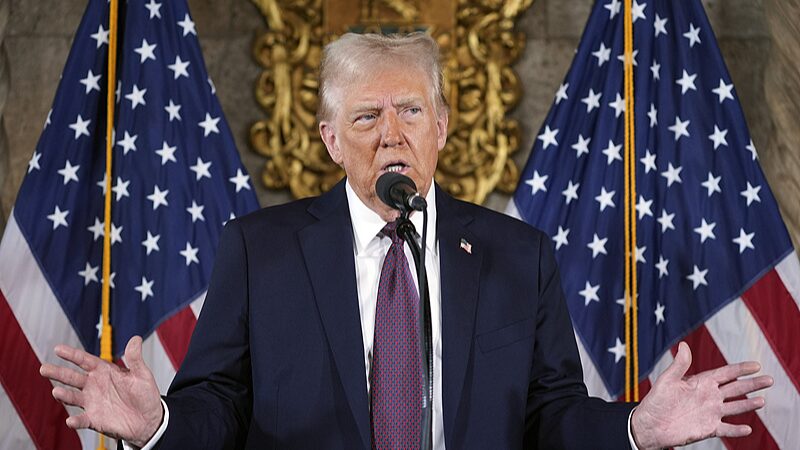As U.S. tariff policies continue to ripple across global supply chains, shipping and logistics industries face unprecedented challenges. In an exclusive interview with Biztalk, Vincent Clerc, CEO of A.P. Moller – Maersk, highlighted the widespread impact of recent trade measures while underscoring opportunities in Asia's evolving economic landscape.
Tariffs and Trade Turbulence
Clerc emphasized that tariff hikes by U.S. authorities have triggered a chain reaction, forcing companies to reevaluate shipping routes and inventory strategies. "The unpredictability of trade policy creates friction," he noted, pointing to delayed investments and rising costs across sectors.
Confidence in Chinese Market Resilience
Despite global uncertainties, Clerc expressed optimism about the Chinese mainland's role as a trade stabilizer. "China's integrated supply chains and sustained infrastructure development offer strategic advantages for businesses adapting to new realities," he said. This sentiment aligns with Maersk's continued investments in Chinese port facilities and green logistics initiatives.
Technology Drives Supply Chain Evolution
The Maersk CEO highlighted digital innovation as a key factor in navigating trade disruptions, citing blockchain-enabled tracking systems and AI-driven demand forecasting now being adopted across Asian hubs like Singapore and Shanghai.
Regional Cooperation Path Forward
Clerc concluded by advocating for multilateral solutions: "While short-term adjustments are inevitable, Asia's growing economic integration provides a blueprint for balancing regional interests with global trade needs."
Reference(s):
cgtn.com
